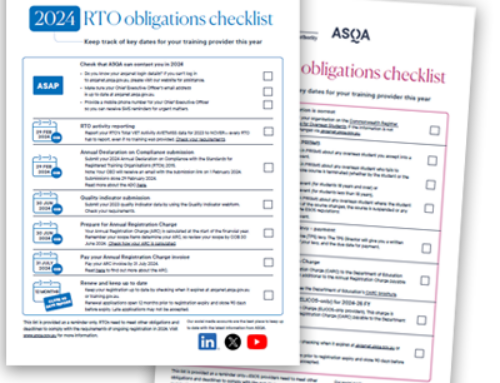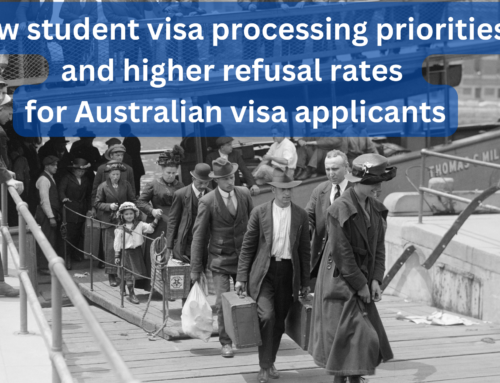The Australian government’s announcement of a $37.8 million “compliance blitz” in the vocational education and training (VET) sector seems like a well-intentioned move, but we can’t help but doubt whether these proposed changes will truly make a significant difference. The establishment of an integrity unit within the regulator, the Australian Skills Quality Authority (ASQA), along with a confidential tipoff line and updated digital systems, may appear promising on the surface. Still, it’s hard to ignore the skepticism about the outcomes.
Home Affairs Minister Clare O’Neil said the government’s move sought to restore integrity to the nation’s international education and migration systems. “Dodgy training providers have no place in VET, international education and our migration system,” she said.
Education Minister Jason Clare said the “shonks” seeking to exploit international students had returned.
The announcement is in response to recommendations made by the review of the migration system and exploitation of Australia’s visa system.
Australia’s skills ministers will meet in November, where they will consider further changes to strengthen Registered Training Organisation legislation. Skills and Training Minister Brendan O’Connor will announce the measures at an address to the National Press Club on Tuesday.
“Not only do we need to lift the standards on behaviour, we need to lift the focus on quality to ensure students are getting the skills they and the economy need,” he will say.
The government’s emphasis on cracking down on unlawful behavior and improving the quality of education providers is commendable. However, it remains uncertain whether these measures will effectively address the underlying issues. The VET sector has faced longstanding challenges, and previous attempts at reform have fallen short of expectations.
Furthermore, the focus of these changes seems to be on colleges and providers, putting additional compliance burdens on them. While it’s crucial to hold institutions accountable, there’s a growing sentiment that the real problem lies with education agents, who play a significant role in recruiting international students. Perhaps the best outcome would be a more stringent regulation of education agents themselves, as they often act as intermediaries between students and institutions and can engage in unethical practices.
The government’s decision to collaborate with law enforcement agencies and conduct compliance checks on high-risk providers is a step in the right direction. However, whether these actions will effectively weed out the minority of unscrupulous providers and protect the integrity of the entire sector remains uncertain.
In conclusion, while the government’s efforts to improve the VET sector are noteworthy, there are legitimate doubts about whether these proposed changes will have a substantial impact. Perhaps a more comprehensive approach that addresses education agents and focuses on regulation rather than putting additional onus on colleges would yield better results in safeguarding the interests of both domestic and international students.




